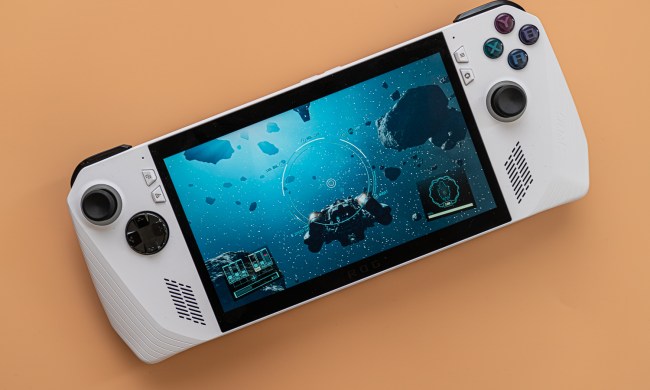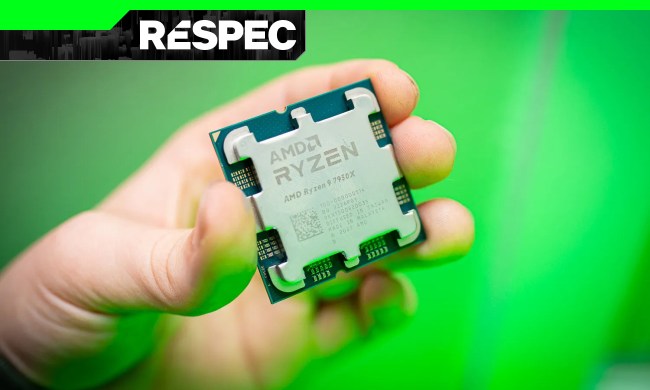
But don’t be confused by the size: this certainly isn’t trying to revive the iPod Touch market. No, the Solu runs on a custom Linux kernel called SoluOS that’s heavily reliant on its accompanying cloud storage service entitled SoluCloud.

What’s more, for 349 euros you can get a Solu delivered to your doorstep. That’s about $385 for our American readers. But, here’s the catch. Solu practically requires that you sign up for its cloud storage subscription, which offers 2TB of storage for $19 a month or 5TB for $49.
It’s a steep asking price for a service you could probably live without, that is, if the company had included more than 2GB in local storage space. In addition to its limited onboard storage, which the developer says is used solely for storing cache, the Solu bolsters a sharp 1,440 x 1,440 pixel display, an Nvidia Tegra K1 processor, and 4GB of RAM.
Likewise, it has a built-in 802.11a/b/g/n Wi-Fi adapter, Bluetooth 4.0, a 1,200mAh battery, and a nifty USB Type-C port that can be used for both charging and connecting to an external display with the aid of an HDMI adapter.
Thankfully, though the SoluOS is built around Linux, it’s also purportedly capable of running Android apps in addition to its integrated collaborative document-editing tools.
Lastly, if you aren’t burdened by the pesky monthly installments you can order now and expect to receive a Solu next May.


